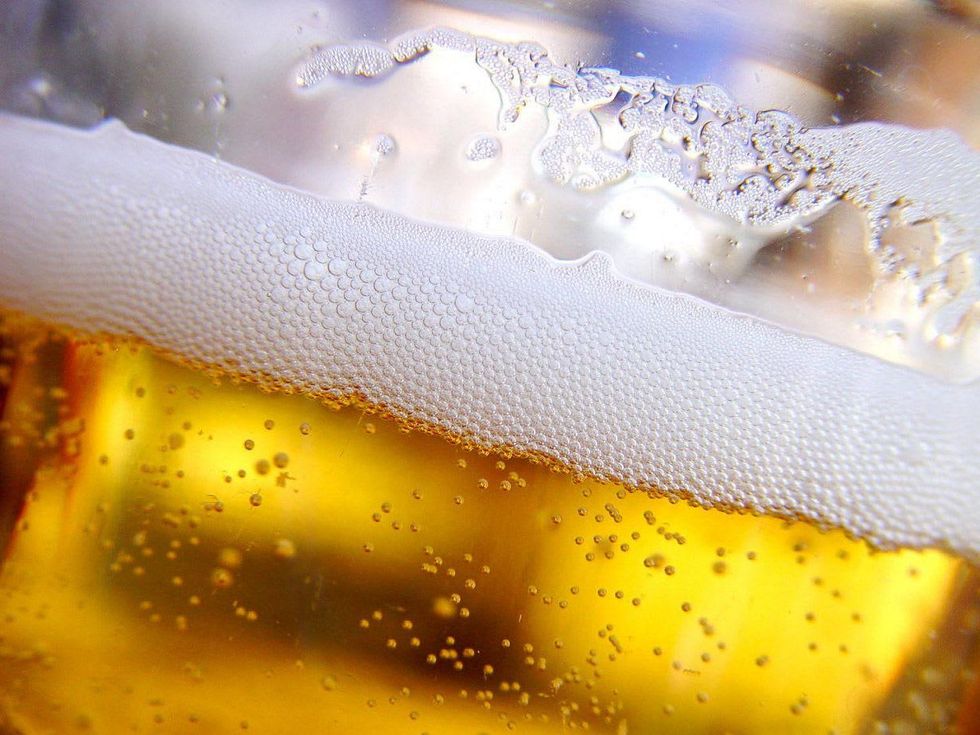Smart Politics
A boozy savior? Grocery store alcohol laws loosened up to fight food deserts
In an effort to bring healthy food to some of Houston's poorest neighborhoods, city council is looking to an unlikely aspect of the municipal code . . . alcohol regulation.
Council members unanimously voted this week to end a long-established rule that blocked grocery stores from selling beer and wine within at least 300 feet a school, church or hospital.
The move, leaders hope, will help encourage proper grocery stores to set up shop in underserved areas like South Park and the Third and Fifth Wards — parts of the city where as many as one in four households (most without vehicles) live more than mile from the nearest supermarket, according to the U.S. Department of Agriculture.
Council member Stephen Costello, who led to effort to change the rule, tells CultureMap he has spend years trying to combat these "food deserts." But only after speaking with major grocery store owners did his team realize the beer and wine dilemma.
City leaders hope to encourage proper grocery stores to set up shop in underserved areas like South Park and the Third and Fifth Wards.
"Alcohol was an issue we hadn't really considered," he explains. "It's a small but important part to many grocery stores, but the city had all these alcohol-free zones." As a result, he says that residents in these areas have been left with few food options other than small convenience stores and fast food.
The city has allowed restaurants to serve alcohol in boozeless zones if they limit outdoor seating and refrain from posting signs promoting alcohol sales. "If restaurants get an exemption," Costello says, "why not grocery stores?"
To make sure incoming businesses don't take advantage of the new leniency, city council redefined the term "grocery store" to mean an food retailer of at least 10,000 square feet. Alcohol cannot be consumed on site or make up more than a quarter of the store's receipts. Only beer and wine, not distilled spirits, may be served
Costello notes that one grocer — John Vuong, who operates 11 stores in the low-income area across the city — already has agreed to build a large new store in the Third Ward.
Jay Crossley, a food policy expert at the Houston Tomorrow nonprofit, hopes to the city and state soon will adopt a more comprehensive plan to tackle food deserts. Nevertheless, he says the tweak to the alcohol ordinance is a positive step forward, particularly in terms of healthy urban development.
"Big grocery stores tend to shy away from low-density neighborhoods without a lot of transit options," he explains to CultureMap. "Transportation is the problem and the solution. The new light rails line will help alleviate a number of food deserts in the next five years. Adding density is the best way to solve the problem."
To combat food deserts, city council ended a rule that blocked grocery stores from selling alcohol within 300 feet a school, church or hospital.

